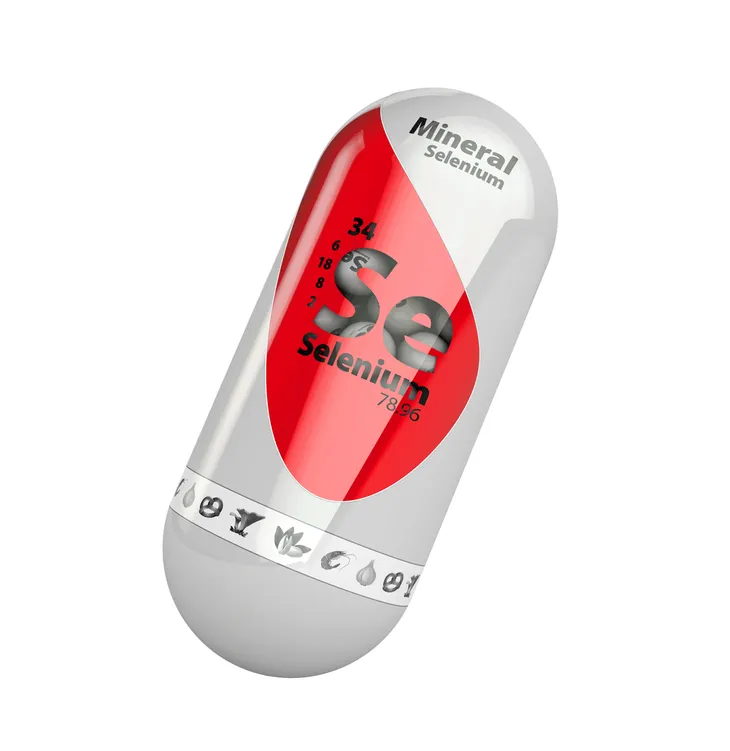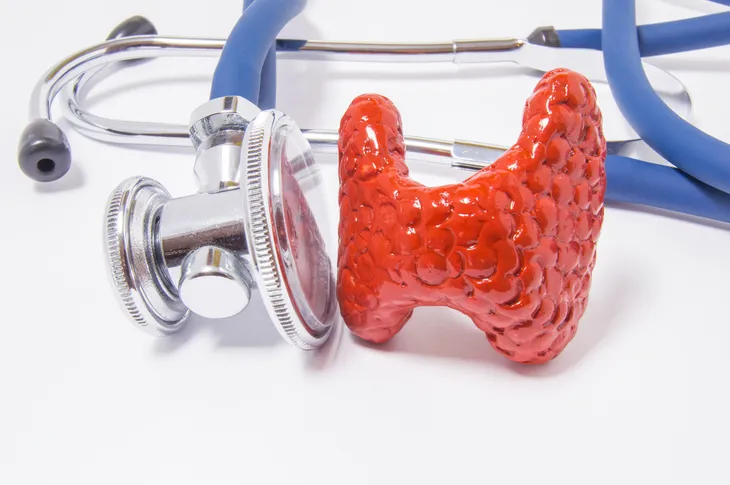Although selenium is an essential micronutrient, not many have heard of it or are aware of how important it is to the body. As a result, an estimated 0.5 to 1 billion people worldwide suffer from a deficiency.
A powerful antioxidant, selenium is needed for effective functioning of the immune system; therefore, inadequate levels can make an individual more likely to become ill. It also aids in DNA synthesis and helps to maintain a healthy metabolism. Let’s find out more about selenium, its potential benefits and how best to consume it with these five facts.
1. What Is Selenium?
Selenium is a trace mineral that is found naturally in the soil. It also appears in water and some foods. It is referred to as a micronutrient because the body requires less of it than other essential vitamins and minerals.
In addition to strengthening the body’s immune system, Consumer Health Digest says that selenium is crucial for facilitating “metabolic processes, reproduction, DNA synthesis, and thyroid function.”
2. Possible Health Benefits
Among its many benefits, selenium has powerful antioxidant properties, which can help to prevent against cell damage that might otherwise cause cancer. These antioxidant properties may also help to reduce the risk of cognitive decline as a person ages.
Some studies have found that selenium is also helpful for: maintaining thyroid function, particularly in women; preventing HIV from progressing to AIDS; reducing the risk of miscarriage; and easing the symptoms of asthma. It’s important to note, however, that most of the research around selenium is still quite new, and none of its possible benefits have yet proven conclusive.
3. How Much to Take?
According to MedicalNewsToday.com, the recommended Daily Value (DV) of selenium is 55 micrograms for adults and 60 micrograms for women who are pregnant. This amount includes the selenium consumed from food sources, the best way to absorb the nutrient.
If living in a region where there is low selenium content in the soil—resulting in the food not offering sufficient levels—supplements can be taken to help a person meet their DV.
4. Natural Food Sources
There are a wide variety of food sources that offer valuable amounts of selenium. Healthline.com says that the best sources are “organ meats and seafood such as shrimp, crab, and salmon.”
Additional sources of selenium include Brazil nuts, eggs, sunflower seeds, chia seeds and mushrooms. However, the amount selenium found in these foods depends on how rich the soil in which they grow is.
5. Risks
As previously mentioned, the body requires only a very small amount of selenium on a daily basis. According to WebMD, if an overdose occurs, side effects can include “bad breath, fever, and nausea, as well as liver, kidney and heart problems. ” In extreme cases, if selenium levels are high enough, it could lead to death.
It’s also possible for selenium to interact with certain medications, such as antacids, chemotherapy drugs and birth control. Additionally, too much selenium over a prolonged period of time can increase a person’s risk of developing non-melanoma skin cancer, prostate cancer and type 2 diabetes. Due to these risks, it’s important to consult a physician prior to taking selenium supplements.








